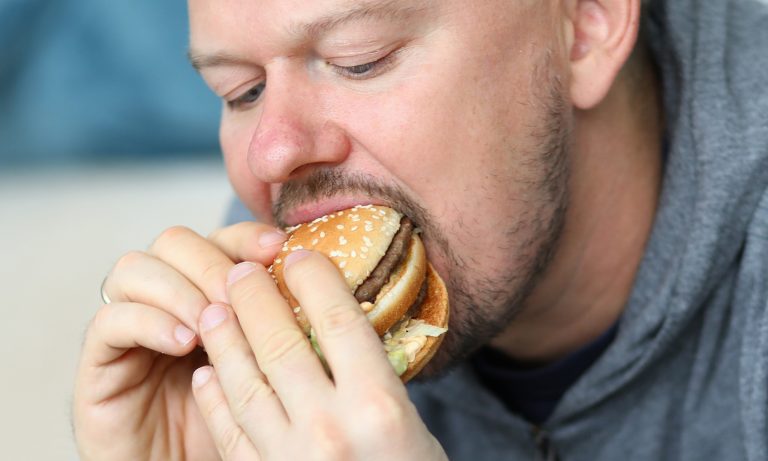Bulimia Nervosa, also known as compulsive overeating, is an eating disorder that causes a person to engage in uncontrollable bingeing (eating large amounts of food with little or no physical activity) and then obsessively purge their bodies, usually by eating themselves to death. Bulimia nervosa is a serious condition that can lead to serious health consequences, so it's important to know the signs and symptoms of bulimia nervosa and how you can help your loved one recover.
Bulimia nervosa may be difficult to recognize in the beginning, because it may mimic another illness or disorder. It's important that you take your loved one to see a doctor, even if he or she is treating the other symptoms of bulimia.
Bulimia nervosa is most often caused by stress and depression
Often, eating disorders become a coping mechanism for coping with emotional pain. People with bulimia nervosa may feel depressed or sad after binge eating or purging. In extreme cases, some bulimic people resort to self-harm, which can worsen their condition.
Bulimia nervosa frequently occurs in a person's teenage years, but it can also develop into a disorder later on in life. Usually, this condition isn't diagnosed in its early stages, and sufferers don't realize they have it until it is too late. Bulimia nervosa can also develop into an addiction if left untreated.
Bulimia nervosa can cause an array of serious complications. It can lead to malnutrition and dehydration, as well as malnutrition and dehydration that can lead to organ failure and even death. People who suffer from bulimia may also have problems with kidney and liver function. They may also be at risk of developing high blood pressure, heart disease, and a number of mental and physical problems.
Bulimia can be a lifelong condition. If left untreated, bulimia can cause psychological distress and social isolation for victims. The person with bulimia may feel depressed, guilty, and ashamed about their condition, and this can affect their everyday lives. Many people with bulimia experience anorexia may also use other types of self-help techniques, such as exercising excessively, which can damage their bodies and lead to health complications. Bulimia can also lead to depression, anxiety, guilt, and a decreased ability to enjoy life and cope with day-to-day situations.

Bulimia may also lead to bulimia. In fact, bulimia may actually be the precursor to a full-blown bulimia
Binge eating is usually the first step in the disorder, and once the victim starts purging, they don't stop until the body has been fully satisfied. Some sufferers become obsessed with purging, leading to compulsive overeating, which leads to bulimia.
When it comes to finding out if you or your loved one may have bulimia, seek medical help from a doctor. Once you know the signs and symptoms of bulimia, you can be sure that your loved one is suffering from a real eating disorder and not just an unhealthy diet.
Bulimia nervosa is characterized by feelings of guilt, depression, hopelessness, and self-loathing. Sufferers also have an obsessive concern about food and are very sensitive to criticism. They feel extremely uncomfortable when they do not eat or drink enough. Some people may be very overweight but have bulimia because they just haven't reached their normal weight yet.
Bulimia affects anyone and often affects both sexes. Bulimia can be a serious problem for young children and teens, but adults are more likely to develop bulimia. and the disorder may be triggered by some traumatic event in their life, such as the loss of a loved one or breaking up with a partner.
If you suspect that you or someone you know may have bulimia, talk to your doctor about it right away. Bulimia can have many causes, so identifying the cause can help the doctor prescribe treatment that can work. and prevent build further problems from occurring.
Bulimia can be difficult to treat, so it's important that sufferers take care of themselves. By being honest about their condition and trying to be healthy, patients can get better faster. Bulimia can be cured, and the benefits of taking medications like counseling and exercise can help them get on track to recovery.